Nintendo fans are understandably excited at the upcoming release of Super Mario Bros. Wonder, with its revamped art style and creative gameplay looking like the biggest leap forward for 2D Mario games since Mario Maker in 2015.
This change in direction was in no small part inspired by the success of Illumination’s Super Mario Bros. Movie, which proved that audiences wanted to see a more animated Mario adventure. That’s when the idea for Super Mario Wonder was born.
In an interview with NPR, Takashi Tezuka, Wonder’s producer, reveals that there was a larger budget allocated to art direction due to the success of the Mario movie. In particular, appeal, one of the core principles of animation, was highlighted as a focus of the project.
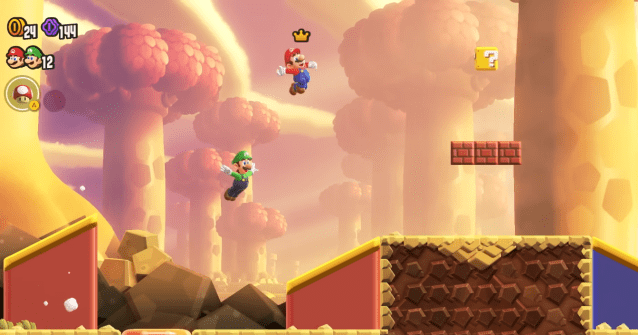
Tezuka explained that “people who are coming from the Mario movie are going to see that and think, ‘this is what Mario does, this is how Mario moves,’ and we wanted them to experience something similar to that.” This is particularly interesting as the public perception of Mario hasn’t changed much in over 35 years.
The new direction by a dedicated animation studio clearly helped bring a renewed level of energy to the Mario universe. Wonder‘s trailers showcase multiple art styles and fluid animation with exaggerated poses that all bring a fresh, new identity to the Nintendo icon. That said, Tezuka’s comments hint that the entire franchise may end up getting a reboot if Wonder continues to show success.
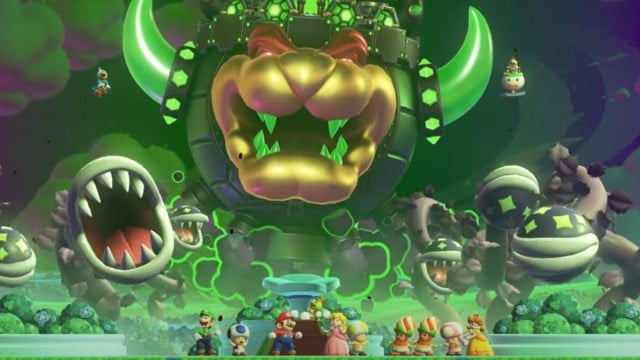
Mario’s creativity is constantly challenged by the character’s creator, Shigeru Miyamoto. The longtime developer waited 20 years to greenlight an animated Mario movie as Buena Vista’s live-action flop was notoriously poorly received by fans and critics in 1993. Fans have been critical of Miyamoto’s overprotectiveness of the IP, but does Mario Wonder signify significant change?
One of the biggest pieces of critique surrounding Miyamoto’s rigidity is an interview about Paper Mario: The Origami King, where series producer Kensuke Tenabe says “it’s no longer possible to modify Mario characters or to create original characters that touch on the Mario universe.” Miyamoto has also been criticized for censoring stories in Mario games as Yoshiaki Koizumi, director of Mario Galaxy, told Nintendo Power that he had to work on Rosalina’s Storybook in secret.
Mario Wonder feels like a bold new step, and it shows that Nintendo is open to experimenting with the iconic plumber—in a mainline title, no less. Alongside this, remakes of Super Mario RPG and Paper Mario: The Thousand-Year Door are releasing next year, both of which are shaping up to be Nintendo’s most creative RPGs yet, if fan sentiment is to be believed.
Mario isn’t typically associated with visual polish and narrative beats, but Illumination proved that there is a sizeable audience for more spectacle in the franchise. One has to wonder whether the pattern is set to continue with Nintendo’s next console, but the future for Mario has never looked more vibrant.


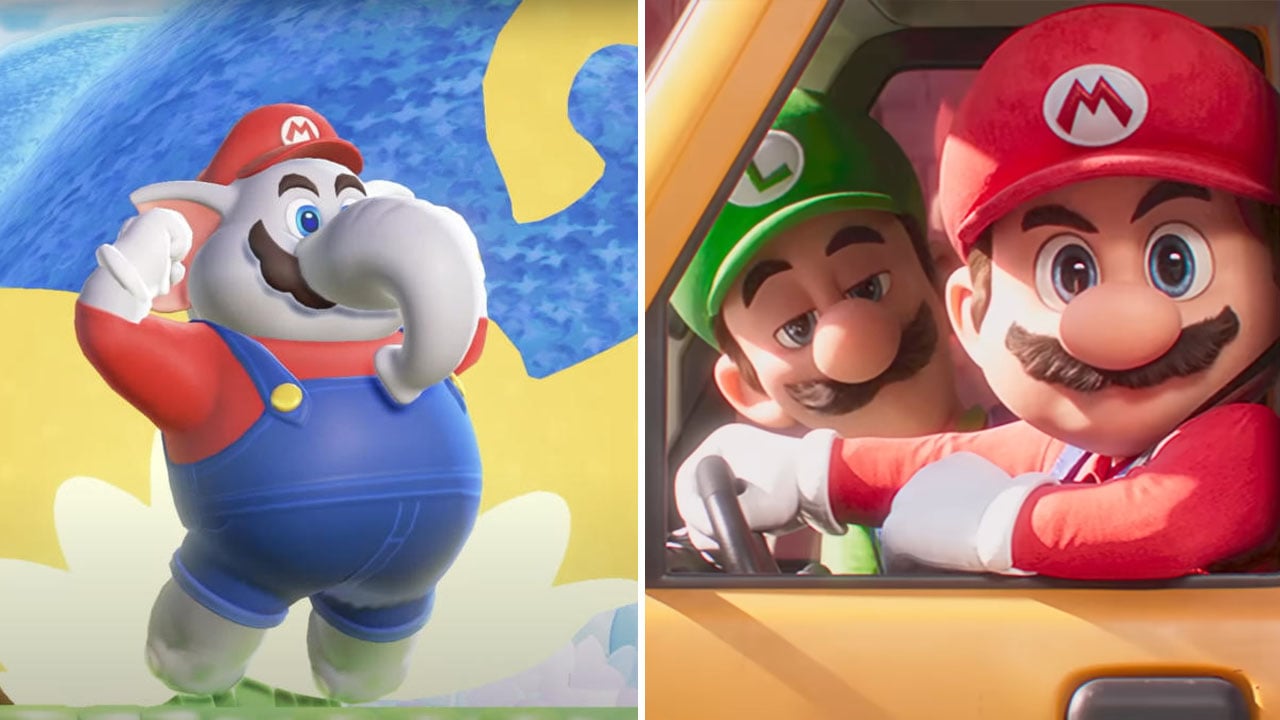
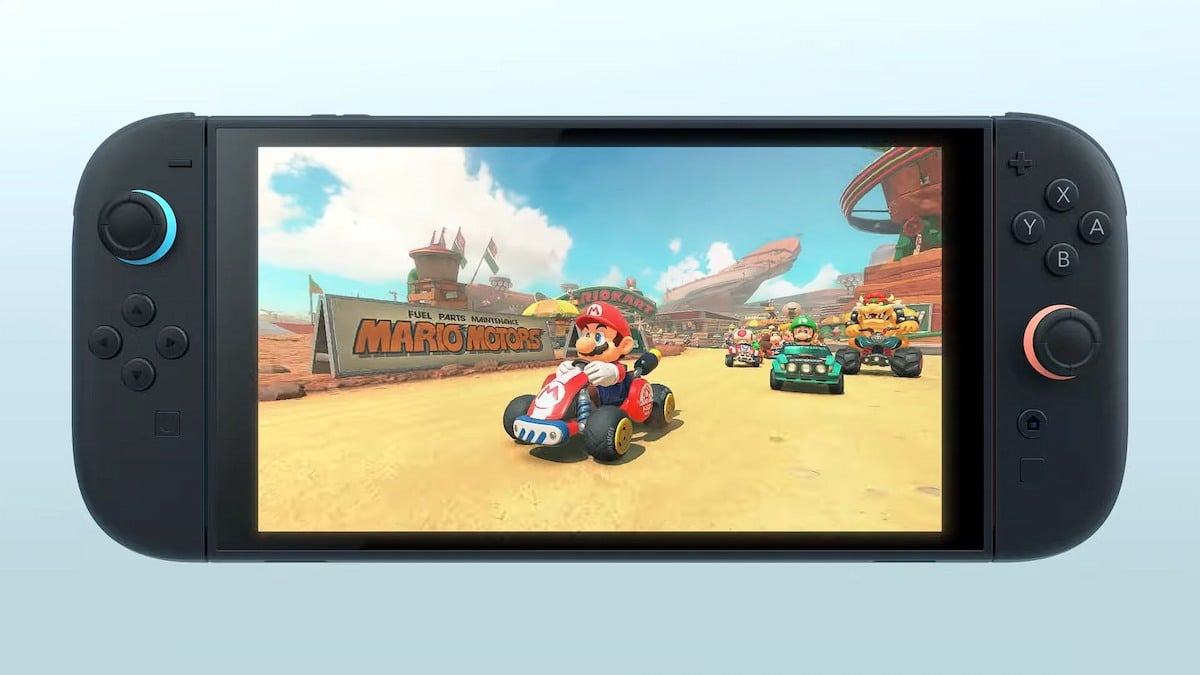
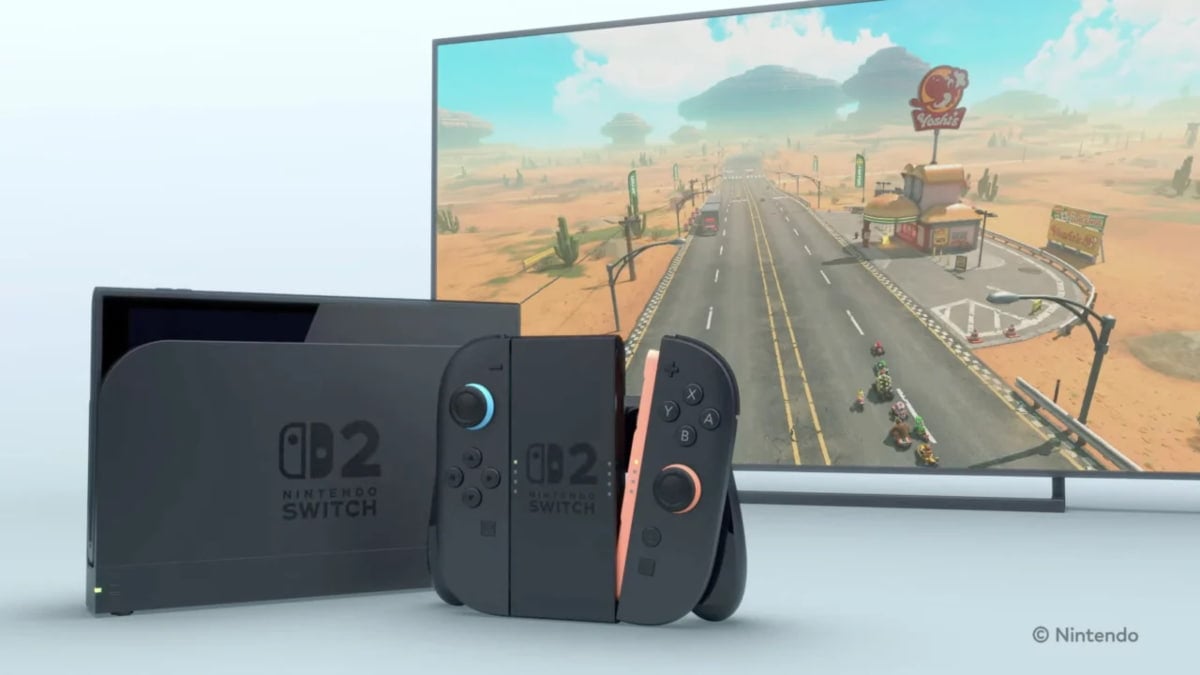
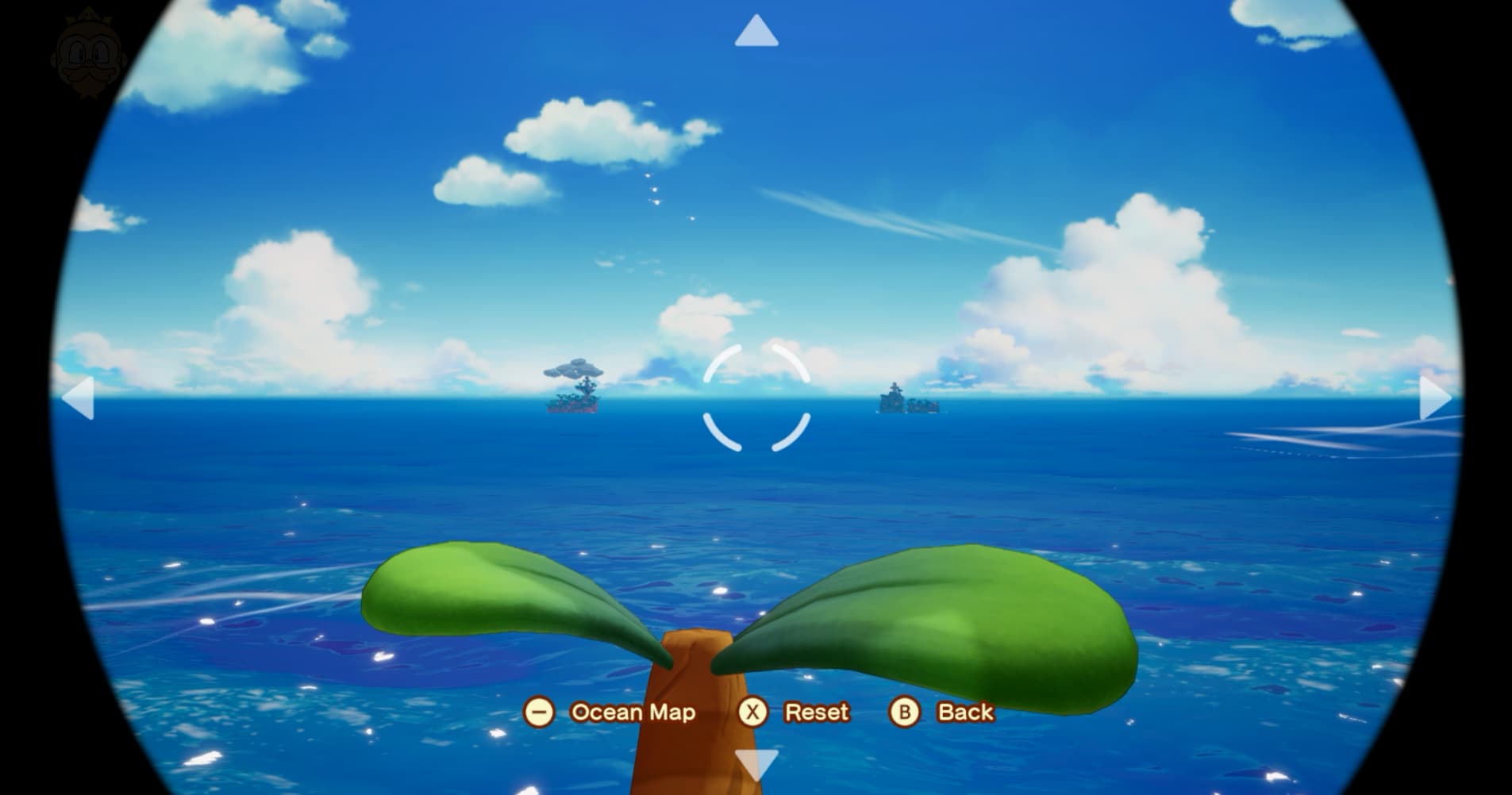
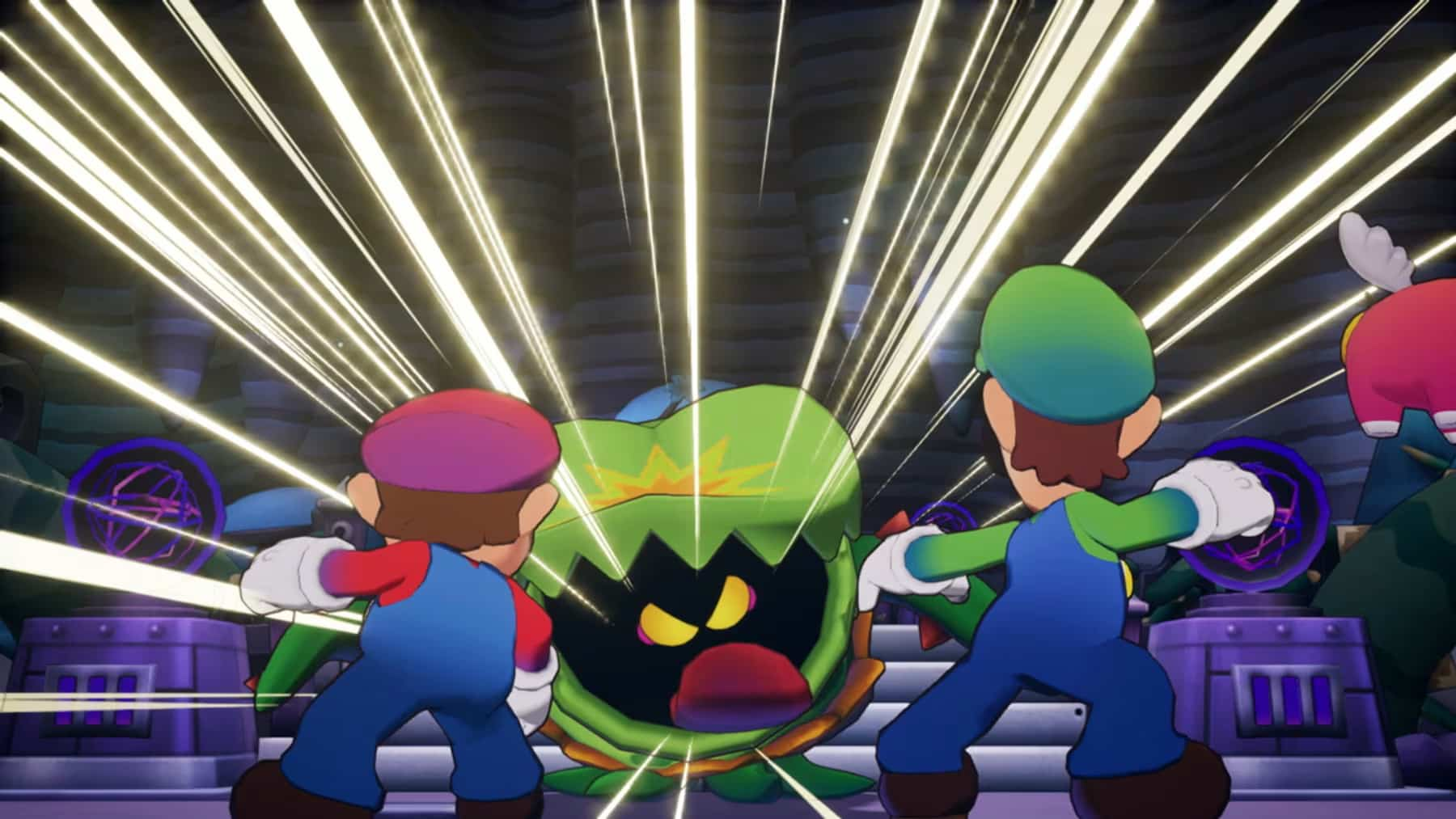
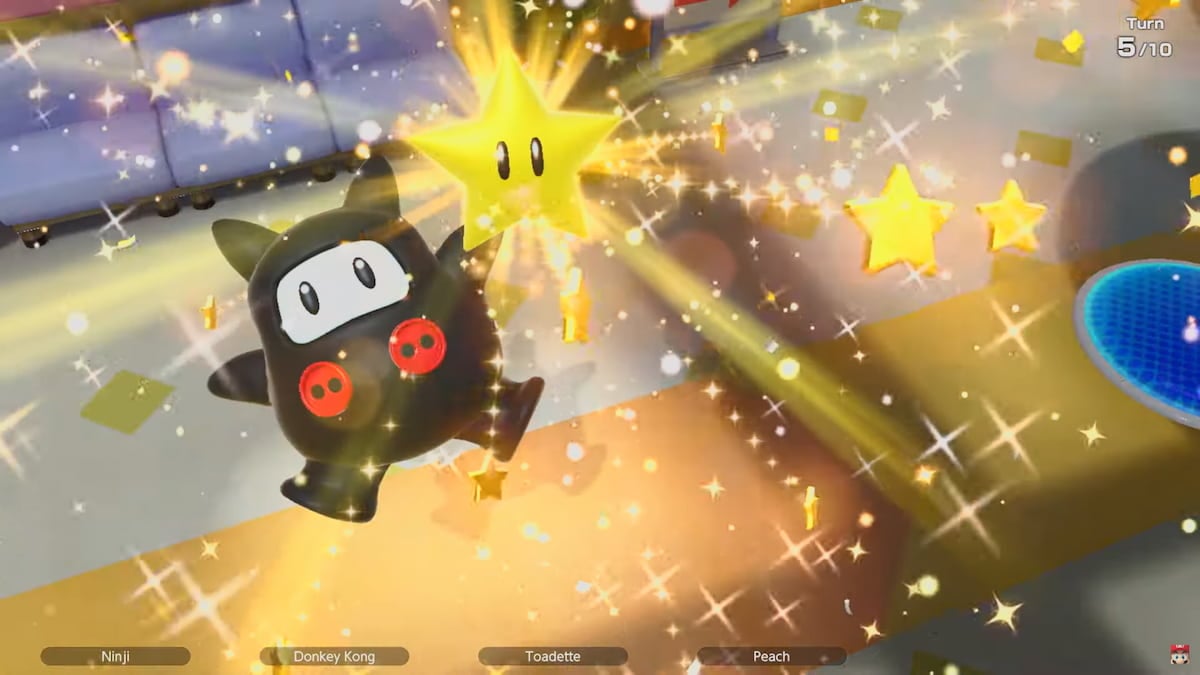
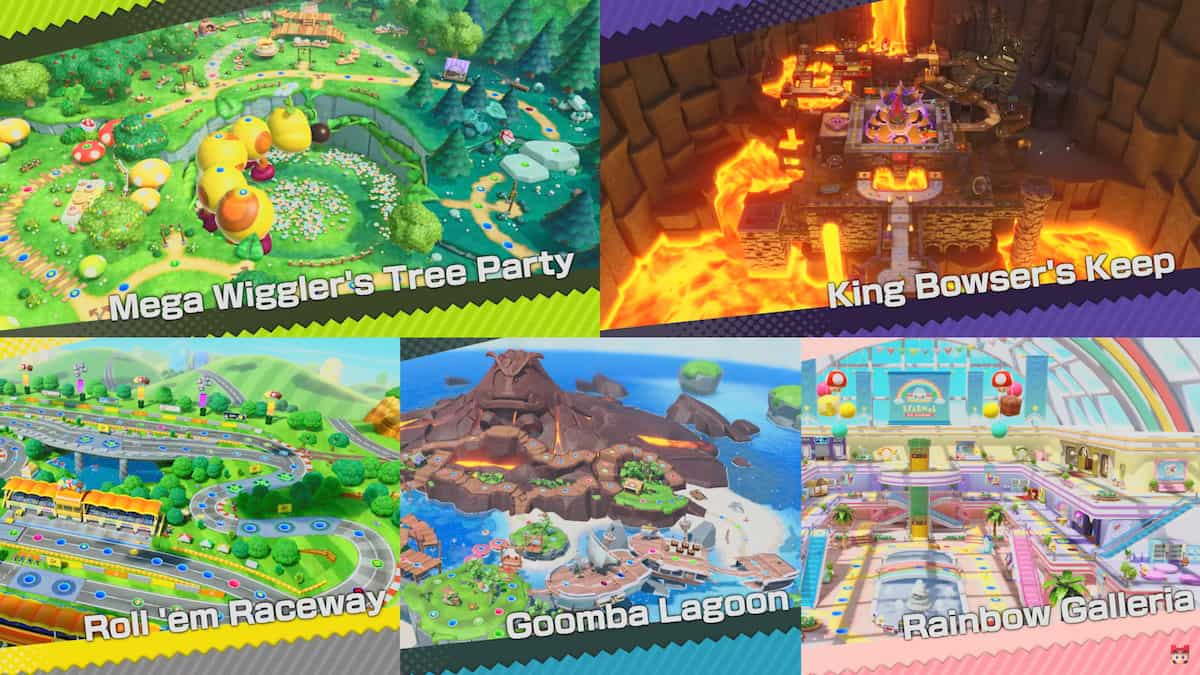
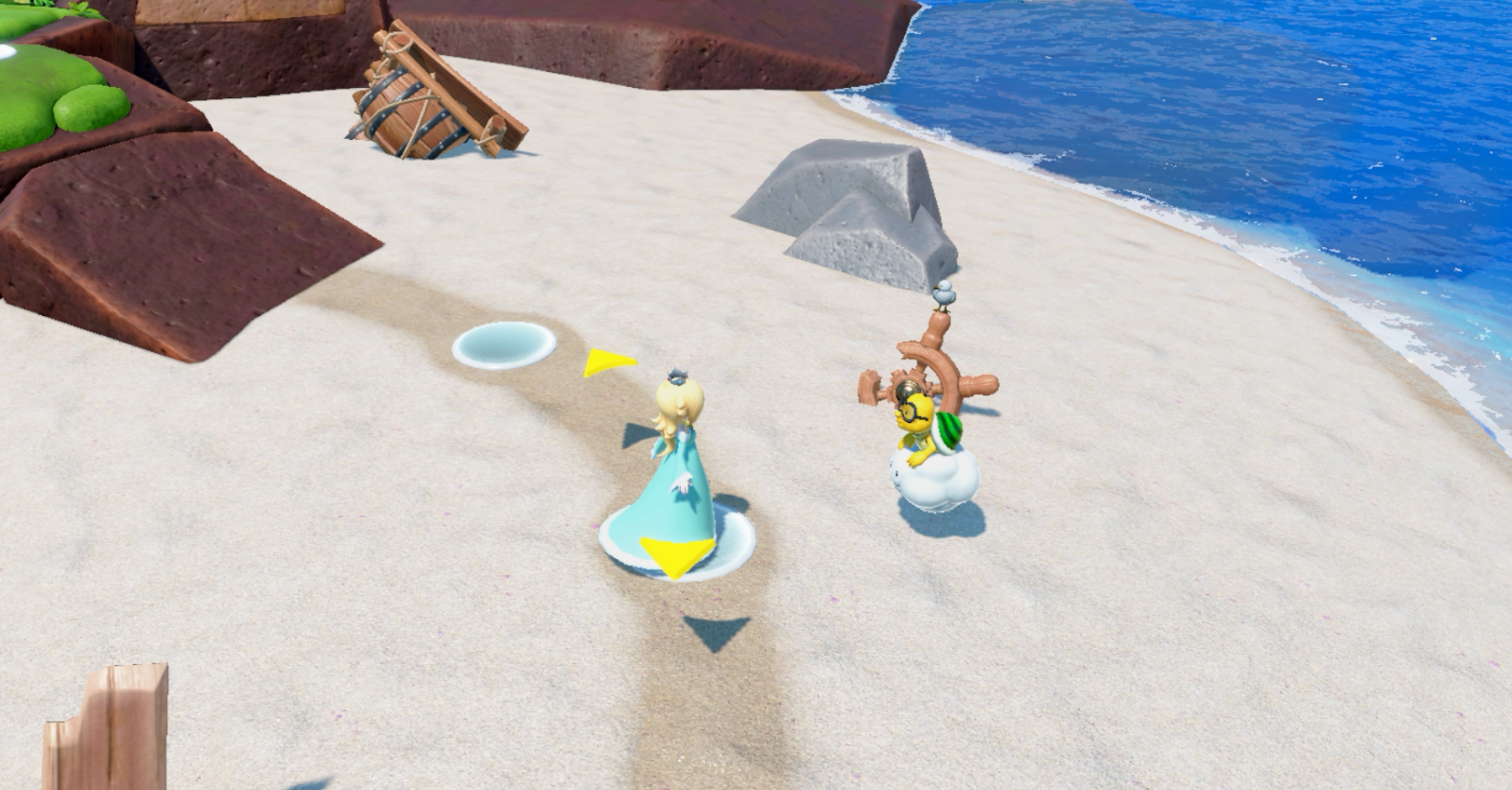
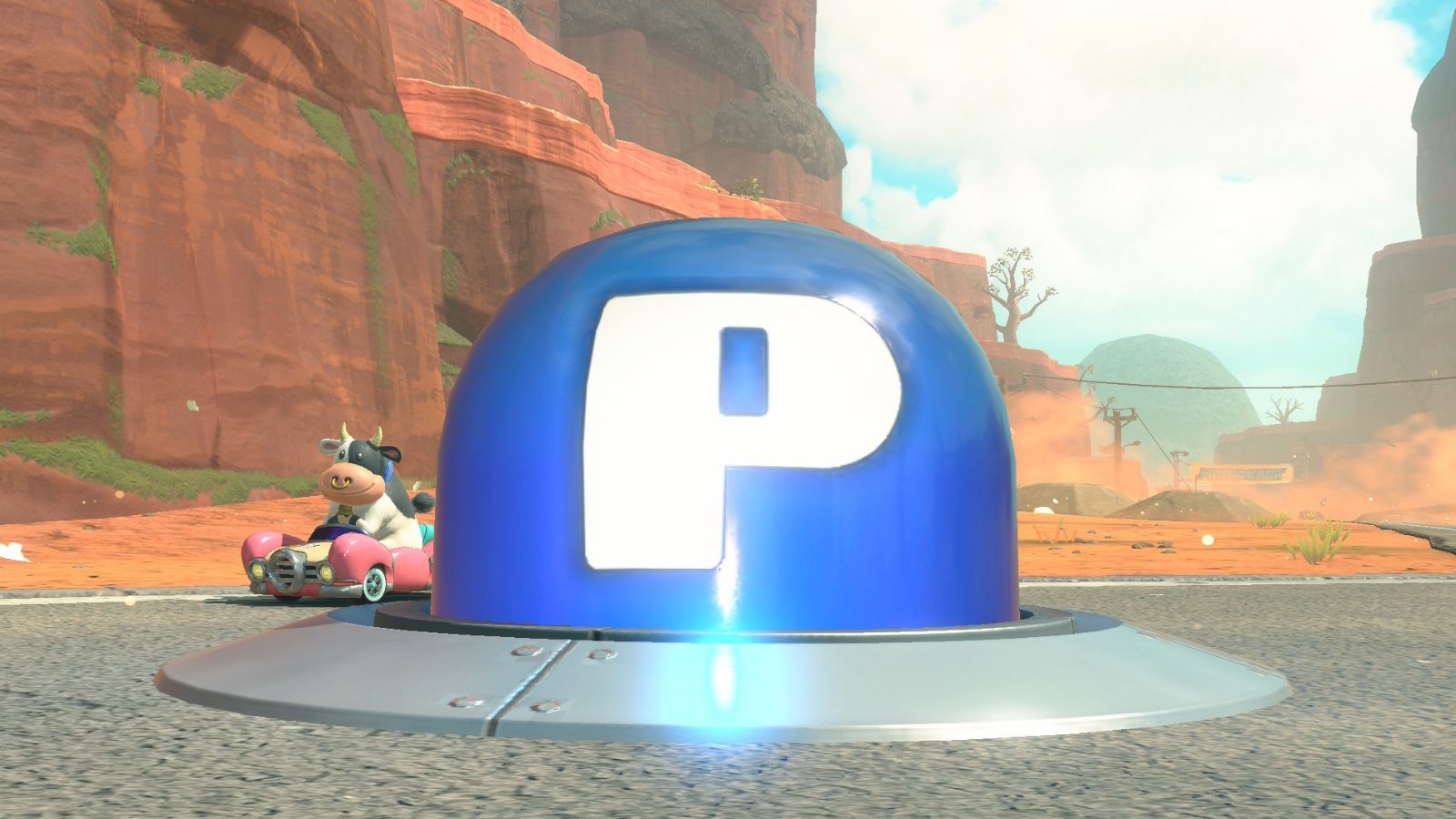

Published: Oct 15, 2023 10:17 am